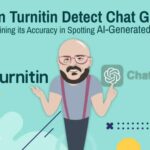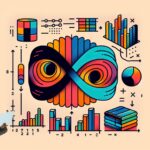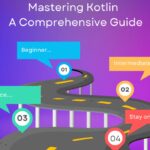
Education
Discover Education Courses: Empower Your Learning and Teaching Journey
Unlock the world of Education with our carefully curated courses designed for educators, students, and lifelong learners. Whether you’re aiming to become a teacher, advance your career in education, or gain expertise in new teaching methodologies, our courses cover a wide range of topics. From curriculum design and classroom management to educational technology and inclusive teaching strategies, our programs offer valuable knowledge and practical skills. Enhance your educational journey and become a catalyst for change in the classroom and beyond.

A Comprehensive Guide to Kotlin Control Flow and Loops: Mastering Conditional Statements and Iteration
Understanding Control Flow in Kotlin: Conditional Statements and Loops In Kotlin, just like in other programming languages, control flow refers to the process of directing the execution of your program based on certain conditions. Whether you’re checking if a condition is true or iterating over a sequence of values, Kotlin offers several tools to help…

A Beginner’s Guide to Kotlin: Variables, Basic Types, Collections, and Control Flow
A Beginner’s Guide to Kotlin: Variables, Basic Types, Collections, and Control Flow Kotlin is a modern programming language that is concise, expressive, and fully interoperable with Java. In this blog post, we will go through the fundamentals of Kotlin, including variables, basic types, collections, and control flow. This will help you get started on your…

Understanding Gradle: The Ultimate Build Automation Tool for Developers
Introduction to Gradle In today’s fast-paced world of software development, efficient management of builds, dependencies, and project tasks is crucial. That’s where Gradle comes in. Gradle is a modern, flexible build automation tool that simplifies the entire process of building, testing, and deploying software projects. It’s particularly popular in the Java and Kotlin ecosystems but…
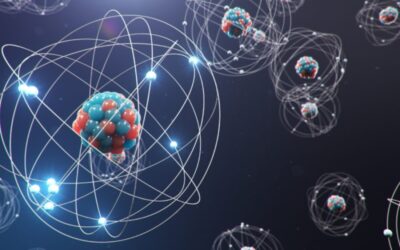
Understanding Qubits and Quantum Gates
Quantum computing is fundamentally different from classical computing due to its use of qubits and quantum gates. These two elements are essential to the power and potential of quantum computers, enabling them to solve problems that are practically impossible for classical computers to address. In this article, we will dive deeper into the concepts of…

Creating SSH Files and UDP Files for free internet
I’ll walk you through how you can create SSH and UDP files for your app. These will help you implement secure, fast, and reliable connections for users in your community. 1. Creating SSH Files for Secure Tunneling SSH (Secure Shell) can be used to establish secure tunnels, which allow users to bypass network restrictions or…
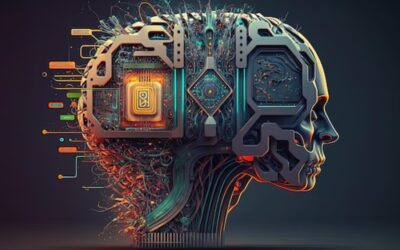
What is a transformer model?
A transformer model is a type of deep learning model that was introduced in 2017. These models have quickly become fundamental in natural language processing (NLP), and have been applied to a wide range of tasks in machine learning and artificial intelligence. The model was first described in a 2017 paper called “Attention is All You Need” by Ashish…

A Mathematical Framework for Transformer Circuits In Machine Learning
This post is meant for people who are just getting started with mechanistic interpretability and have an understanding of the transformer architecture as well as the underlying linear algebra. Maybe you have not yet read the mathematical framework for transformer circuits (MFTC) or have read it but are still confused about some things. I know that I…
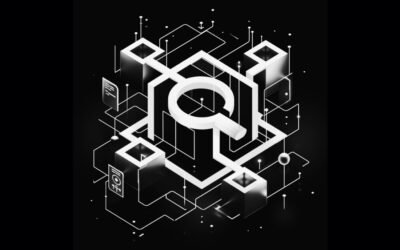
Theory of Grover’s search algorithm
There’s been a lot of hype recently surrounding quantum computers. From IBM releasing their new 127-qubit Eagle Chip, to Xanadu unveiling their Quantum Codebook, there’s been a lot going on in the industry! However, this news might lead one to wonder: Sure, the tech’s cool and all, but what can I actually use a quantum computer for? IBM’s…
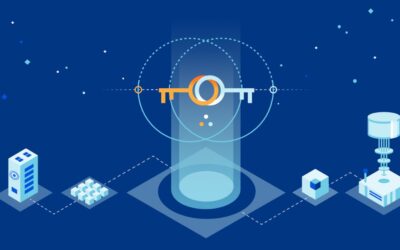
Quantum Cryptography – Shor’s Algorithm Explained
Anyone interested in learning quantum computing cannot avoid hearing about Shor’s Factoring Algorithm. It is one of the few textbook quantum algorithms, which means that it remains one of the rare examples of quantum computational advantage. In other words, the algorithm can compute something quantumly that is harder and slower to compute classically. In fact, this particular…
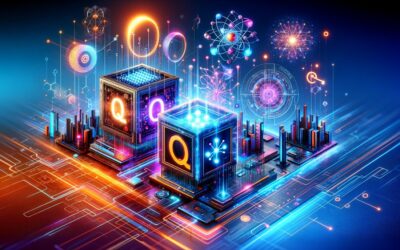
Your Guide to Quantum Algorithms
What is Quantum Computing? Quantum Computing is a form of computing that takes advantage of quantum mechanics to process information exponentially faster than classical computers. Classical computers use classical bits which can consist of either a 0 or a 1 to encode information. Quantum computers, on the other hand, use quantum bits, or qubits, like photons, atoms,…


